Atlanta’s Office Market Adapts to Change
Find out how the metro stacked up against similar market.

CP Group began renovations on Bank of America Plaza, the metro’s tallest building. Image courtesy of CommercialEdge
During 2023, Atlanta’s office market has slowed down and continued to adapt to macro-economic conditions. Construction activity has remained afloat, but developers started building smaller, according to the latest CommercialEdge data. The number of new properties that broke ground in the first 11 months of the year equaled last year’s number within the same timeframe, but the total space amounted to less than half of last year’s square footage.
Investment volume in the metro registered a significant drop, with fewer properties changing hands at lower prices. However, leasing activity picked up, with a number of sizeable deals closed, as Atlanta’s vacancy rates continued to improve throughout the year.
Smaller office projects in Atlanta
At the end of November, some 3.1 million square feet of office space were under construction in Atlanta across 20 properties—accounting for 1.4 percent of total stock. The metro’s relative pipeline was smaller than the national figure of 1.7 percent and considerably lagging peer markets such as Austin (4.6 percent), Nashville (4.5 percent) and Charlotte (3.2 percent). It did however surpass Phoenix (0.6 percent), and Houston (1 percent).
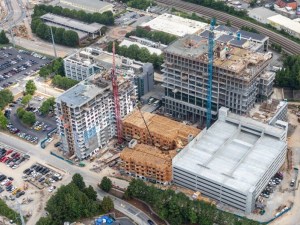
Science Square Labs is part of the Science Square mixed-use development in Atlanta. Image courtesy of Trammell Crow
One of the largest developments in the metro is Trammell Crow’s Science Square Labs, a 368,136-square-foot lab and R&D building. The developers recently topped out part of the project, also securing its first tenant, Portal Innovations, which will occupy 33,136 square feet on the 13-story property’s 10th floor.
Construction started on eight properties totaling more than 905,000 square feet and representing 0.4 percent of existing stock, on par with the national rate of 0.5 percent. In the same period last year, the same number of projects broke ground, but with more than double the square footage, at 1,910,802 square feet.
One of the largest projects that started going vertical this year is 1072 W. Peachtree St., a 224,000-square-foot class A office building developed by a joint venture of Rockefeller Group, Taisei USA and Mitsubishi Estate New York. Construction also commenced on CP Group’s $50 million renovation of Bank of America Plaza, a 1.3-million-square-foot high-rise, which is also Atlanta’s tallest tower.
In terms of new deliveries, developers brought to market more than 1.9 million square feet of office space across 12 properties, accounting for 0.8 percent of stock and matching the national percentage. The volume of completions surpassed that of Phoenix (506,890 square feet), San Diego (519,964) and Nashville (748,031), but lagged other Sun Belt markets, such as Austin (2.7 million) and Dallas (3.8 million).
Investment volume drops in Atlanta
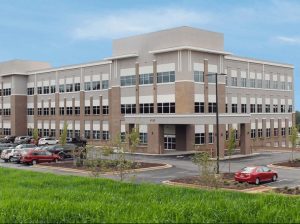
Forsyth Physicians Center was 80 percent leased at the time of the sale. Image courtesy of Anchor Health Properties
Year-to-date through November, Atlanta’s office investment volume totaled more than $480 million, with nearly 3.9 million square feet changing hands across 40 properties. The sales volume registered a significant drop, as during the same period last year some 18.9 million square feet traded for almost $3 billion.
The average price per square foot decreased by 23.6 percent year-over-year, clocking in at $157.2—below the national average of $192.8. The metro’s average price significantly lagged markets such as Austin ($316.4) and San Diego ($400.3), but surpassed Charlotte ($144.8) and Houston ($127).
The largest sale was Estein USA’s $175 million acquisition of Three Ravina Drive, an 813,748-square-foot building in the northern part of the metro. Another notable transaction was the sale of Forsyth Physicians Center, a 91,940-square-foot outpatient facility, that changed hands for $29.3 million. Anchor Health Properties is the new owner, which picked up the asset with the help of $20.5 million in debt financing from First Citizens Bank.
Remedy Medical Properties also teamed up with Kayne Anderson Capital Advisors to acquire a two-building medical office portfolio totaling 192,363 square feet in the Fayetteville suburb of Atlanta. The seller, Piedmont Healthcare is also the anchor tenant, occupying 63 percent of the space.
Atlanta vacancy rate improves
Atlanta’s office vacancy rate continued to improve through 2023, reaching 17.4 percent as of November and marking a significant drop from the 20 percent recorded in January. The rate was also below the national figure of 18.2 percent. Additionally, the metro fared better than its peers including Houston (25.4 percent), Austin (21.2 percent) and Phoenix (19.2 percent).
One of the largest leasing deals recorded in the metro this year was Morgan Stanley’s 100,000-square-foot lease extension at The Edison, bringing its total footprint at the campus to 216,000 square feet and fully occupying the property. The two-building complex is owned by Invesco Real Estate.
Another significant leasing deal in the metro was Piedmont Office Realty Trust‘s 13-year, 77,000-square-foot lease with tenant GE Vernova, at Galleria 600. The 432,000-square-foot tower is part of the larger Atlanta Galleria Office Park totaling 2.1 million square feet.
Coworking remains an opportunity
As of November, flexible office space in Atlanta totaled nearly 4.4 million square feet—accounting for 2.1 percent of Atlanta’s office stock. The metro had a larger share of coworking space than markets such as Dallas (1.7 percent), San Diego (1.9 percent), Austin (1.7 percent) and Charlotte (1.3 percent), only trailing Nashville and Raleigh-Durham, both clocking in at 2.7 percent.
Regus had the largest flexible office footprint in Atlanta, with more than 575,000 square feet across 26 properties. Other notable players in the sector include WeWork with 394,500 square feet and Industrious with 332,145 square feet. CP Group is also planning to significantly expand its coworking platform in Atlanta.

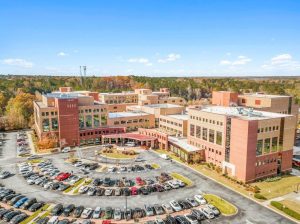
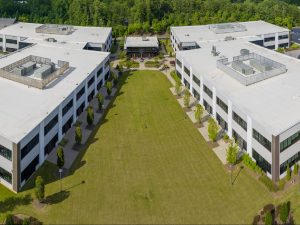
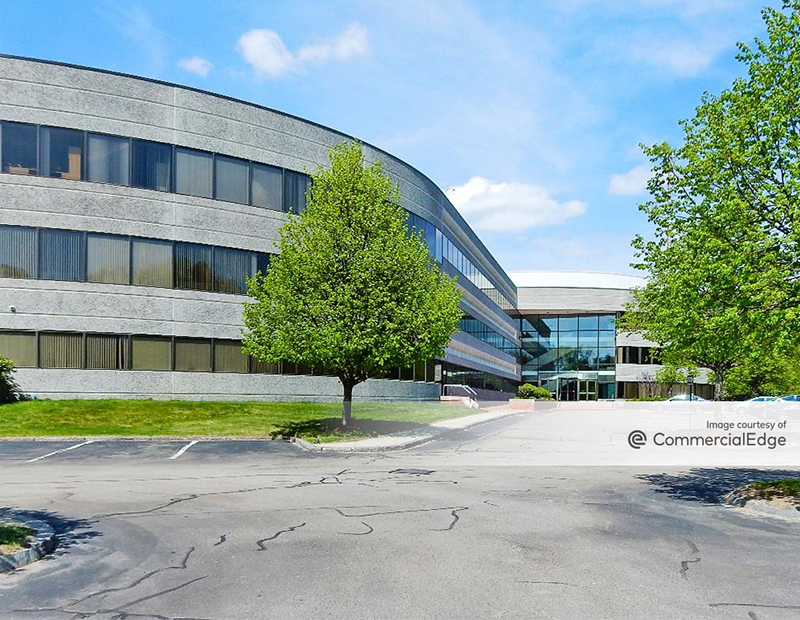
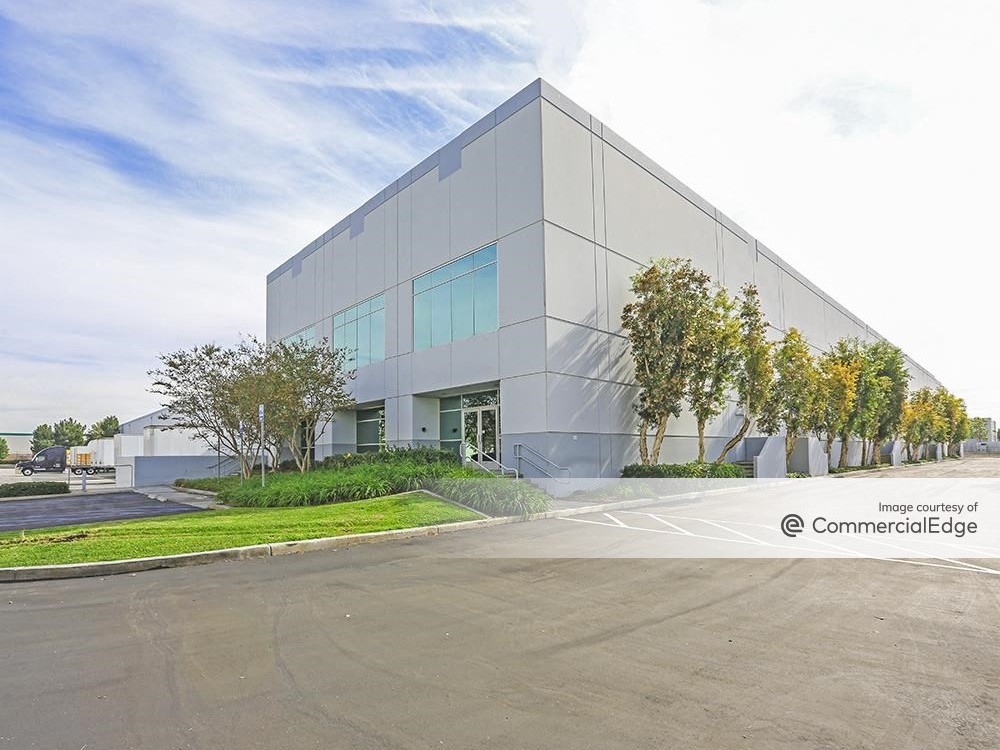
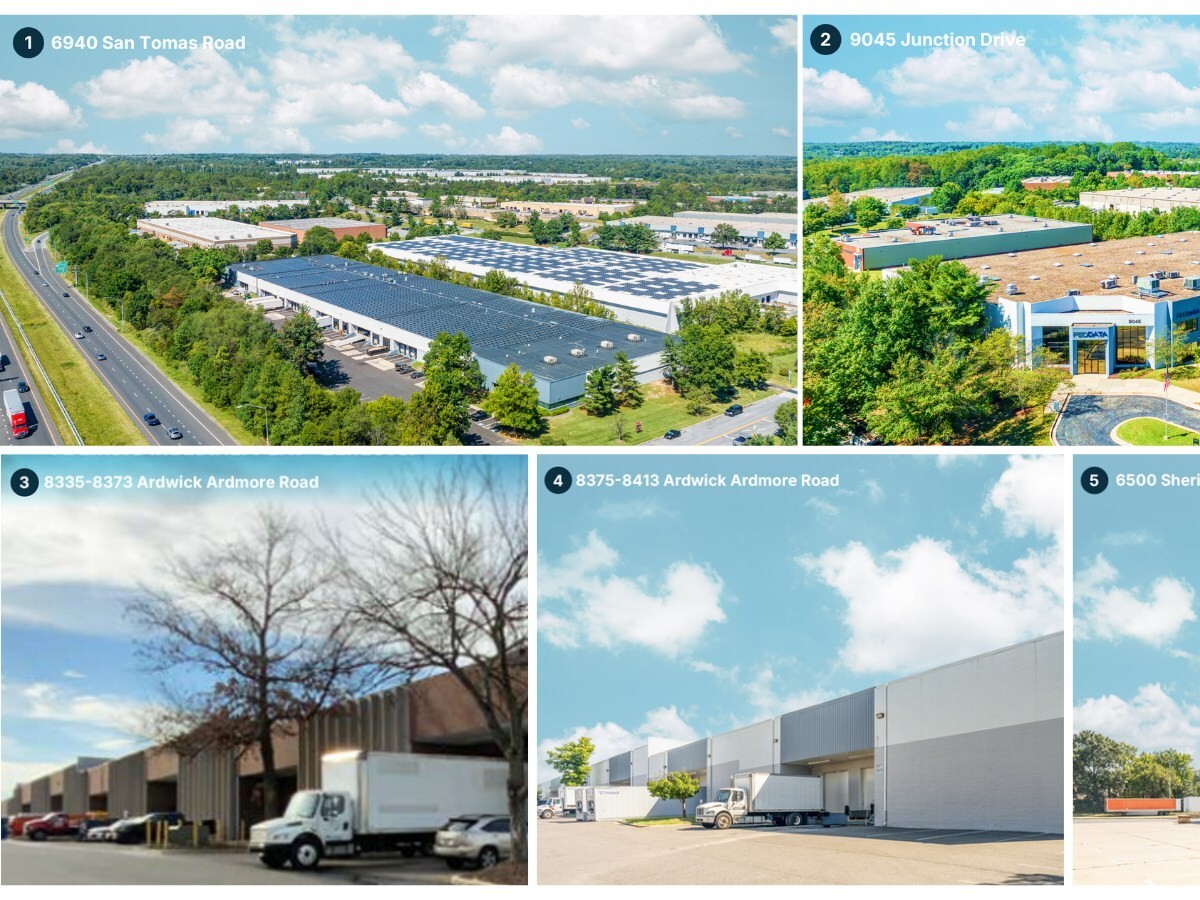
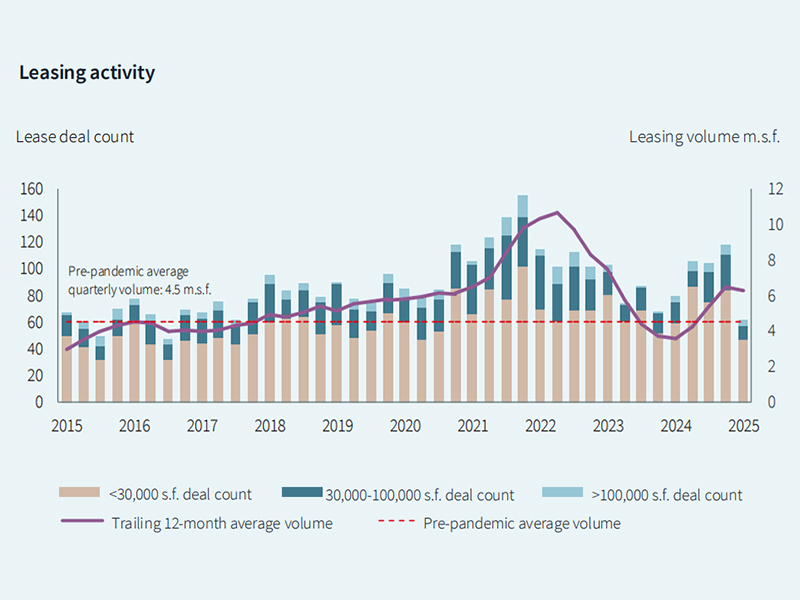

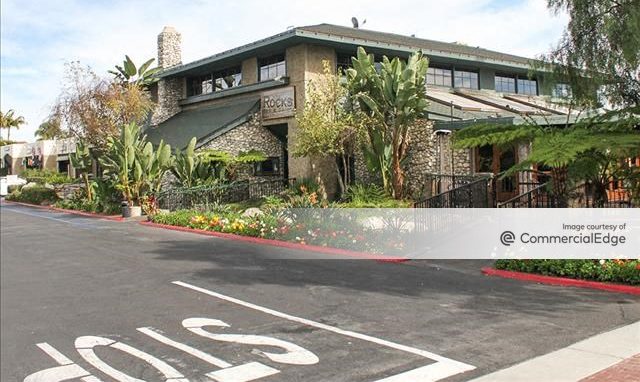
You must be logged in to post a comment.